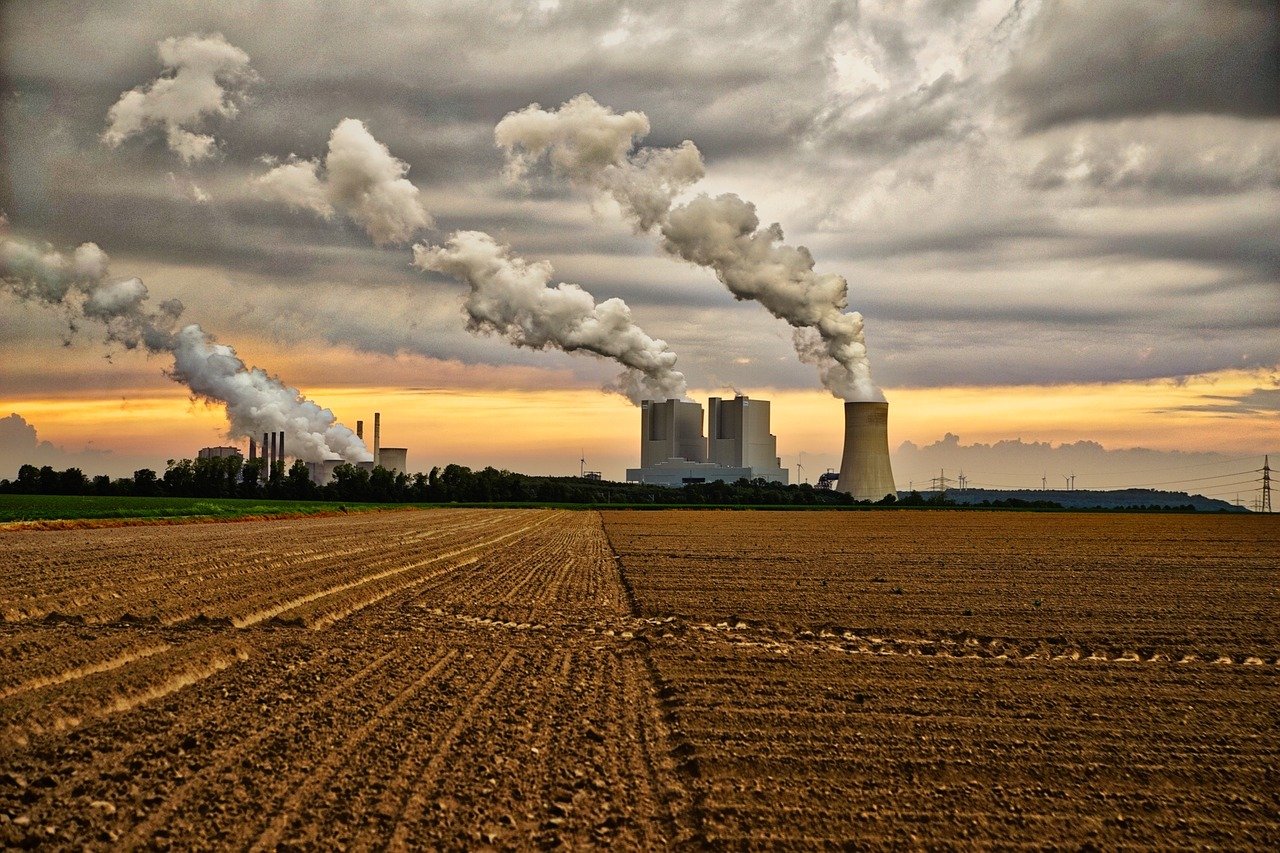Poland calls out to ‘Fit for 55’ opponents


Poland’s right-wing government intends to ally with countries who also oppose the EU’s ‘Fit for 55’ climate package, government spokesperson Piotr Muller said on Tuesday, Polish state broadcaster TVP reports. “We are building a coalition of countries that oppose some of these solutions as they shift the burden of the energy transformation to less affluent people,” Muller said.
The EU’s plan to reduce net emissions by 55% by 2030 would cost Poland an estimated EUR 527.5 billion, according to a leaked recent report by Polish bank Pekao. Fit for 55 – which would involve emission reductions in agriculture, fossil fuels, transport and heating – is subject to negotiation, Muller said. Rather than citizens in poorer countries shouldering the expense, richer EU member states such as Germany should cut their emissions to achieve the climate goal, he argued.
Last week Poland’s Deputy Prime Minister Jacek Sasin said the country will do everything it can to prevent Fit for 55 from entering into force. For his part, the chairman of ruling party Law and Justice party, Jaroslaw Kaczynski, has described the EU’s environmental policies as “madness”.
Meeting the EU’s goal would be expensive for Poland, which generates more than two-thirds of its electricity from burning coal. Nevertheless, Poland joined more than 40 other fuel-burning countries in pledging to phase out coal power by 2040 at the COP26 conference in November. However, that same day, Poland’s Climate and Environment Minister Anna Moskwa tweeted: “The social contract adopted by Poland provides for a departure from hard coal by 2049. Energy security and the provision of jobs are our priorities.”
The Polish government’s reluctance to give up coal has strained already tense relations with the EU, particularly regarding the lignite mine in Turow, near Poland’s tri-border with Germany and Czechia. Since the European Court of Justice ordered its temporary closure, Poland has ignored the judgment and refused to pay a daily fine of EUR 500,000. Poland has also backed the inclusion of nuclear and natural gas in the EU’s ‘green taxonomy’ investment category.
Source: TVP Info
Recent Posts
Baltic states ramp up air, missile defences
The Baltic states are stepping up their air, missile and drone defence capabilities, as Estonia,…
Polish bourse WIG index tops 100,000 points in historic first
Poland’s main stock market index, the Warsaw Stock Exchange (WIG), closed above 100,000 points for…
Polish PM declares national strategy to lead CEE, as nation celebrates 1,000th anniversary
Poland has launched a new national doctrine aimed at establishing the country as the dominant…
Prague expands airport, revamps tram service
Prague has launched two major transport infrastructure projects, expanding Vaclav Havel Airport and introducing a…
Poland tops employment rankings – OECD report
The EU’s employment rate reached a record high of 70.9% in the fourth quarter of…
Greece plans to repay Eurozone’s bailout loans whole decade in advance
Greece has announced plans to repay its first bailout loans a decade ahead of schedule,…


